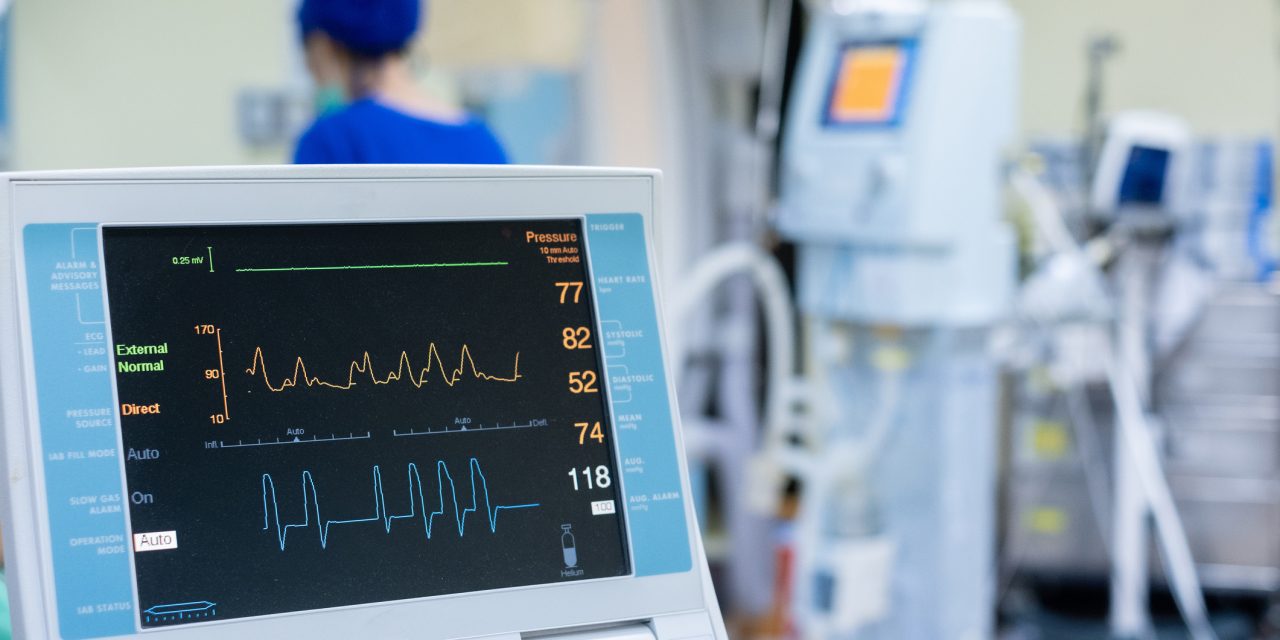Sepsis and septic shock still represent great challenges in critical care medicine. Sildenafil has been largely used in the treatment of pulmonary arterial hypertension, but its effects in sepsis are unknown. The aim of this study was to investigate the hypothesis that sildenafil can attenuate endotoxin-induced pulmonary hypertension in a porcine model of endotoxemia.
Twenty pigs were randomly assigned to Control group (n = 10), which received saline solution; or to Sildenafil group (n = 10), which received sildenafil orally (100 mg). After 30 minutes, both groups were submitted to endotoxemia with intravenous bacterial lipopolysaccharide endotoxin (LPS) infusion (4 µg.kg.h) for 180 minutes. We evaluated hemodynamic and oxygenation functions, and also lung histology and plasma cytokine (TNFα, IL-1β, IL6 and IL10) and troponin I response.
Significant hemodynamic alterations were observed after 30 minutes of LPS continuous infusion, mainly in pulmonary arterial pressure (from Baseline 19 ± 2 mmHg to LPS30 52 ± 4 mmHg, p < 0.05). There was also a significant decrease in PaO/FiO (from Baseline 411 ± 29 to LPS180 334 ± 49, p < 0.05). Pulmonary arterial pressure was significantly lower in the Sildenafil group (35 ± 4 mmHg at LPS30, p < 0.05). The Sildenafil group also presented lower values of systemic arterial pressure. Sildenafil maintained oxygenation with higher PaO/FiO and lower oxygen extraction rate than Control group but had no effect on intrapulmonary shunt. All cytokines and troponin increased after LPS infusion in both groups similarly.
Sildenafil attenuated endotoxin-induced pulmonary hypertension preserving the correct heart function without improving lung lesions or inflammation.
Copyright © 2021. Published by Elsevier Editora Ltda.
Sildenafil in endotoxin-induced pulmonary hypertension: an experimental study.


